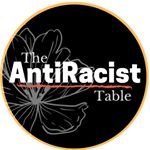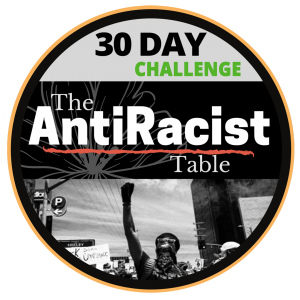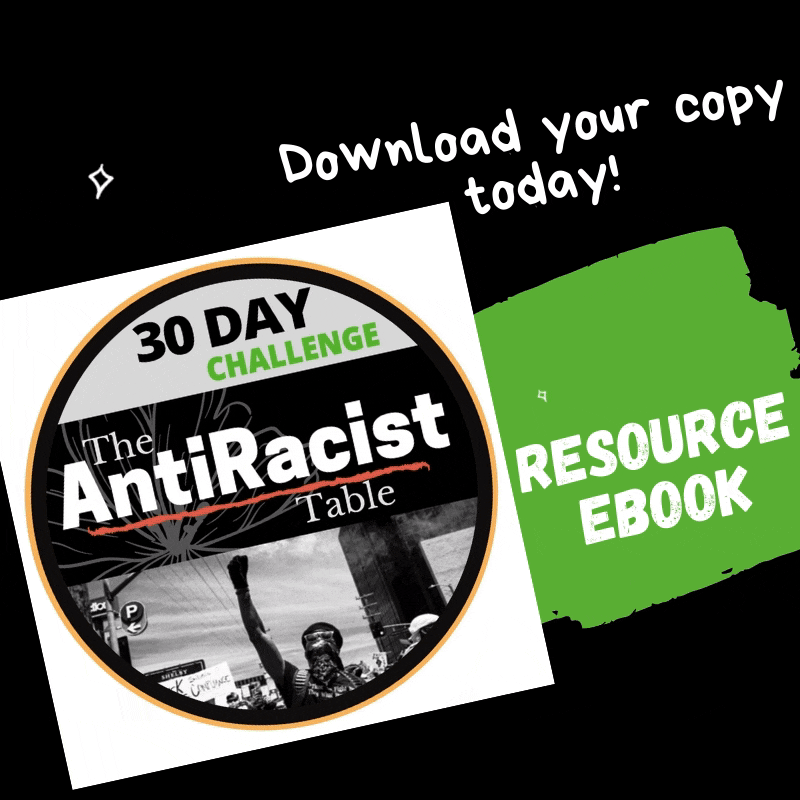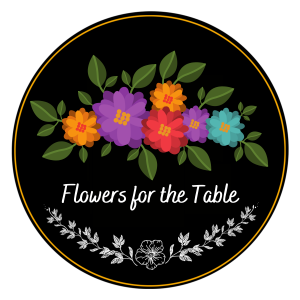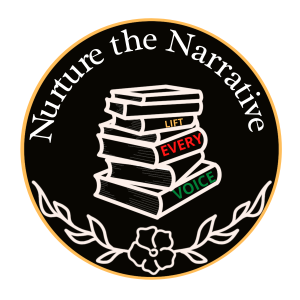FAQs
Frequently Asked Questions.
What is the AntiRacist Table 30 Day Challenge?
The AntiRacist Table 30 Day Challenge is a free, self-paced long form contemplative study that guides those on the path to bring AntiRacism into life as a daily practice. The Challenge is an inner journey of self discovery, truth telling, and transformation.
Composed of 30 self-paced lessons, complete with daily mindfulness practices that flow in an intended sequence, the Challenge is grounded in our ten core principles: intention, AntiRacist, individuality, equality, empathy, courage, allies, humanity, love, and educate
Our intentionally sensory rich curated study weaves teachings from the leading experts in the field of antiracism, social justice, African American history, culture, and the arts while centering journal contemplation, and meditation to support inner growth and development.
What will I learn in the AntiRacist Table 30 Day Challenge?
In the AntiRacist Table 30 Day Challenge you will learn:
- To think critically about the true American story
- To understand anti-Blackness and its legacy in American history to present day
- To see the intersections of whiteness: emotionality, privilege and fragility
- How to be an active ally/co-conspirator
- To be empowered to build capacity for change first within oneself and then within one’s circle of influence
- To see, identify, and work to dismantle the three pillars of racism: self, culture, and systems
The Challenge is not about blame, shame, or guilt. The Challenge centers truth telling and deepening awareness of one’s sense of responsibility for the continued existence of inequitable systems.
Who can participate in the Challenge?
The Challenge is free and available to anyone who wants to participate. We recommend students be in at least ninth grade to participate.
Individuals can do the Challenge independently or in groups. Organizations, institutions, schools, communities, congregations, families, and any collection of people have and are encouraged to take the Challenge together.
We know that institutions and individuals frequently have financial barriers to accessing comprehensive AntiRacism/DEI training. We created this program to allow broad access to in-depth, high quality AntiRacism education accessible to all. For a group guide, please see our Field Guide. If you have questions about bringing our Challenge to your organization or community please email us: info@TheAntiRacistTable.com
Educators can receive Professional Learning Units (PLUs) in Rhode Island and the District of Columbia. If you are interested in bringing PLUs to your district or have questions about how to receive PLUs please contact us.
How do I Access the Challenge?
First, register for the Challenge by clicking Join Now. Once registered, the Challenge is accessible online in the “Courses” tab of our community website.
Challenge Zoom Calls
As a way to support our participants, we host free monthly Challenge Zoom calls. We discuss aspects of the Challenge and break out into small groups for reflection and discussion. We also support groups with customized Zoom calls and workshops for a fee.
A Word About Anti-Blackness and the Focus of this Challenge
This Challenge specifically shines a light on the African American experience of racism and oppression. Anti-Blackness is at the root of systemic racism in America and it requires specific concentrated attention to bear witness and actively engage in the work to dismantle it. Indigenous people and other people of color undoubtedly experience racism and marginalization as part of this caste system. We believe any attempt to disrupt anti-Blackness is AntiRacist work that dismantles racism experienced by all people.
A Note About Language Usage in the 30 Day Challenge: African Diaspora, American Indian, Alaska Native, Chinese, Japanese, Filipino, Korean, Asian Indian, Vietnamese, Other Asian, Native Hawaiian, Samoan, Chamorro, Other Pacific Islander, Mexican, Mexican American, Puerto Rican, Cuban, Hispanic, Latinx, and Biracial People
As indicated by the list above, identifying people and categories of people in the racialized American system has many complexities, including the fact that race is a man-made construct. The list above is the one that is used in the US Census (with African Diaspora in place of Black or African American and the addition of Biracial). We understand the term African Diaspora to describe people of African origin, living outside of the continent by choice, or most predominantly against their will, due to the Transatlantic slave trade. This Challenge is centered around American anti-Blackness that was created in connection with American chattel slavery and initially inflicted upon enslaved Africans and their descendants, who are commonly referred to as Black or African American. One way to reference the list above is to use the terms Black, Indigenous, and People of Color (BIPOC). BIPOC is intended to be more inclusive and to respect experiences and narratives of these differing identities. While not everyone chooses to use BIPOC, for ease of readability and collective understanding, we have chosen to use BIPOC to refer to African Diaspora, American Indian, Alaska Native, Chinese, Japanese, Filipino, Korean, Asian Indian, Vietnamese, Other Asian, Native Hawaiian, Samoan, Chamorro, Other Pacific Islander, Mexican, Mexican American, Puerto Rican, Cuban, Hispanic, Latinx, and Biracial people. If you have questions or concerns about this approach please do not hesitate to let us know.
At the AntiRacist Table, we believe in one race, the human race, however, to learn our history and its ramifications, we must use terminology that allows us to understand who and what we are talking about.
A Special Note to our Black, Indigenous, and People of Color (BIPOC) Participants:
The exercises in this Challenge can be done from your perspective, relative to your relation to whiteness and anti-Blackness. Anti-Blackness can be internalized and inflicted by BIPOC as well as non-BIPOC people. Activities that talk about supporting Black people can be looked at through the lens of empowering Black people and celebrating Black strength, joy, and excellence.
Please contact us if you have any additional questions.
[Press ESC to close this window]
